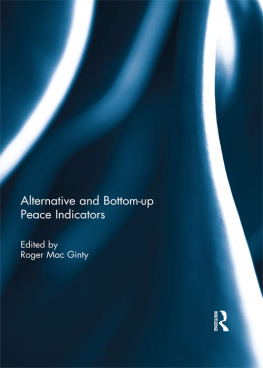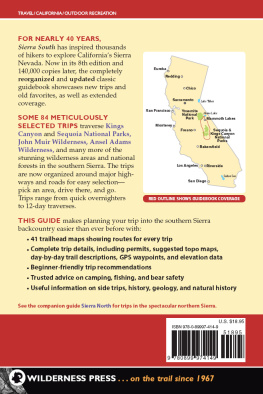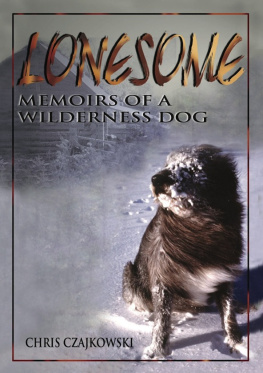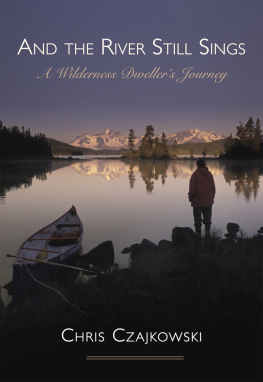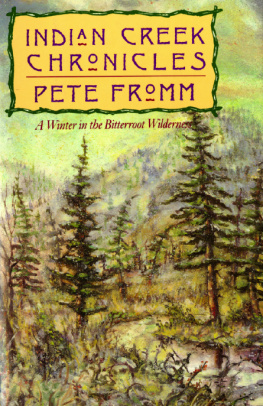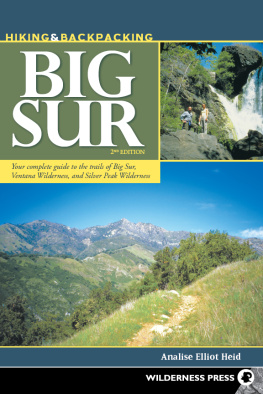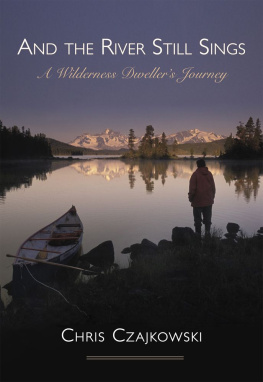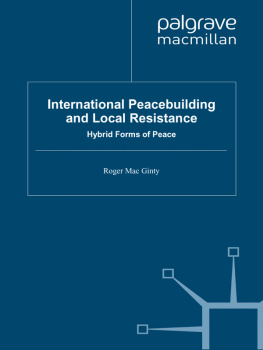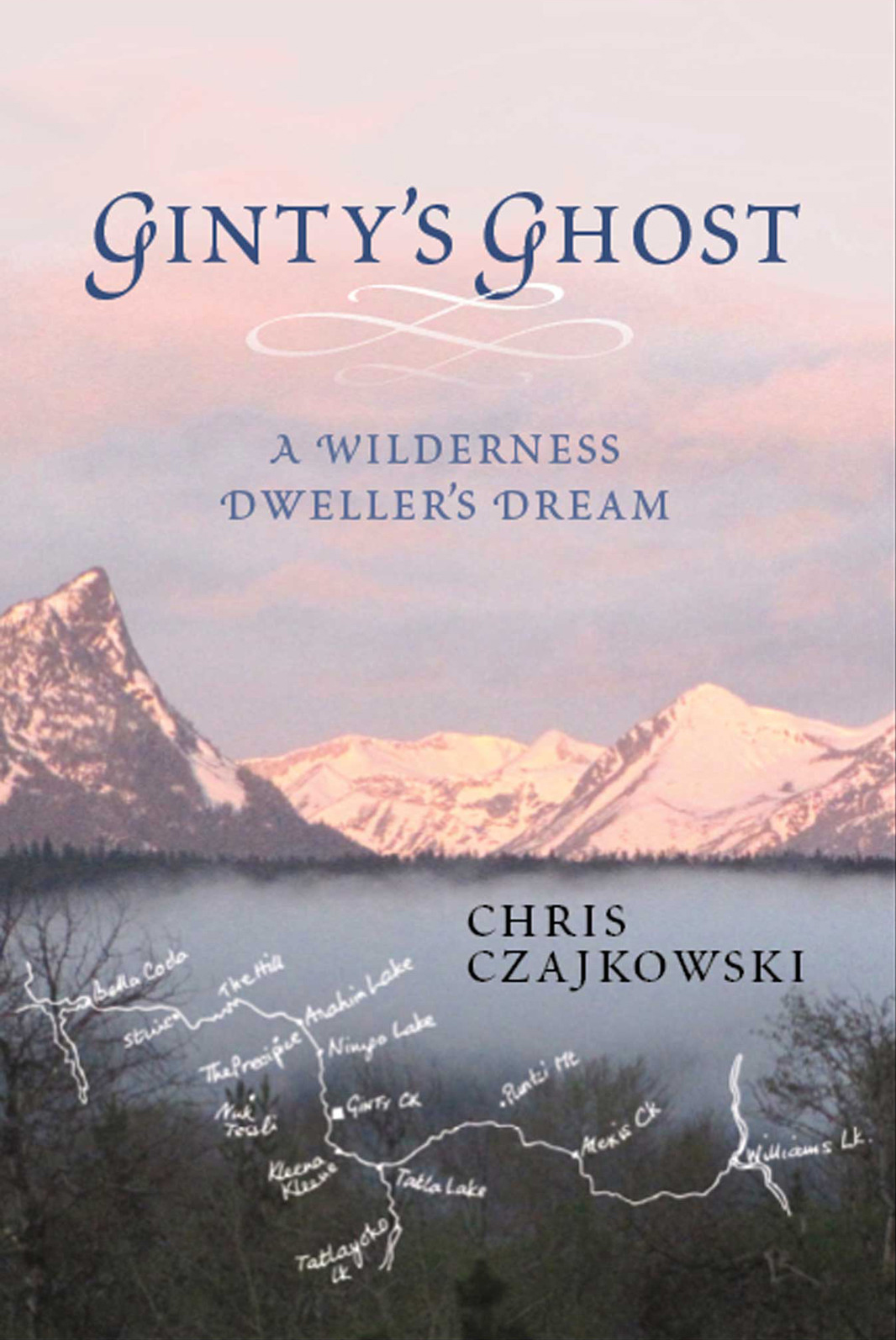G intys G host
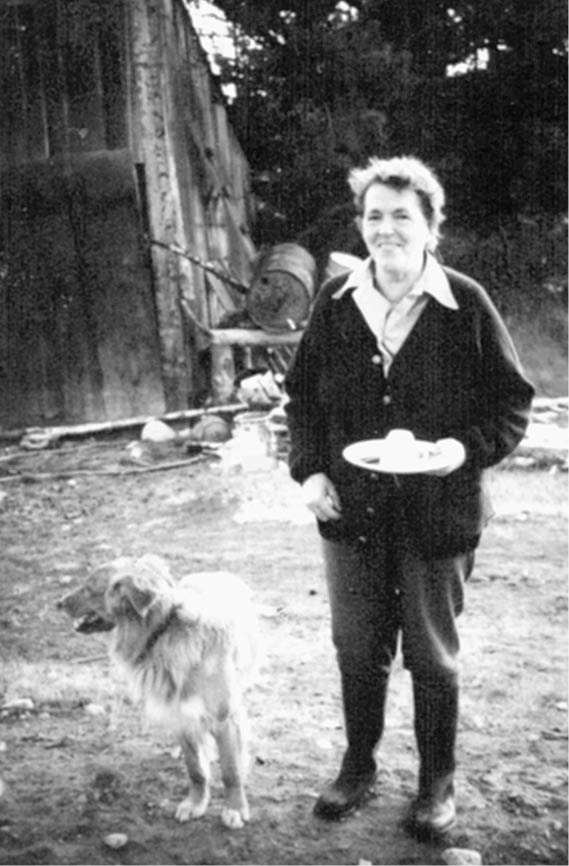
Ginty Paul, c. 1970.
G intys G host

a w ilderness
d wellers d ream
C hris C zajkowski
HARBOUR PUBLISHING
Copyright 2012 by Chris Czajkowski
Kindle edition 2012
All rights reserved. No part of this publication may be reproduced, stored in a retrieval system or transmitted, in any form or by any means, without prior permission of the publisher or, in the case of photocopying or other reprographic copying, a licence from Access Copyright, .
Harbour Publishing Co. Ltd.
P.O. Box 219, Madeira Park, BC, V0N 2H0
www.harbourpublishing.com
Edited by Ian Whitelaw
Cover design by Teresa Karbashewski
Cover photograph of Finger Peak by Chris Czajkowski
Author photograph by Martin Weinhold
Print edition text design by Mary White
ISBN 978-1-55017-575-2 (print)
ISBN 978-1-55017-652-0 (ebook)

Harbour Publishing acknowledges financial support from the Government of Canada through the Canada Book Fund and the Canada Council for the Arts, and from the Province of British Columbia through the BC Arts Council and the Book Publishing Tax Credit.
For Aileen, Andrea, Ben, Bert, Boris, Britta, Claire, Cyrille, Duncan, Dylan, Etienne, Gabe, Hannah, Henry, Katherine, Katrina, Kelsey, Leslie, Mark, Max, Mike, Monika, Nathaniel, Ron, Sarah, Steffi, Stephanie, Sven, Wendy, Yvonne, and everyone who helped build my house at Ginty Creek.
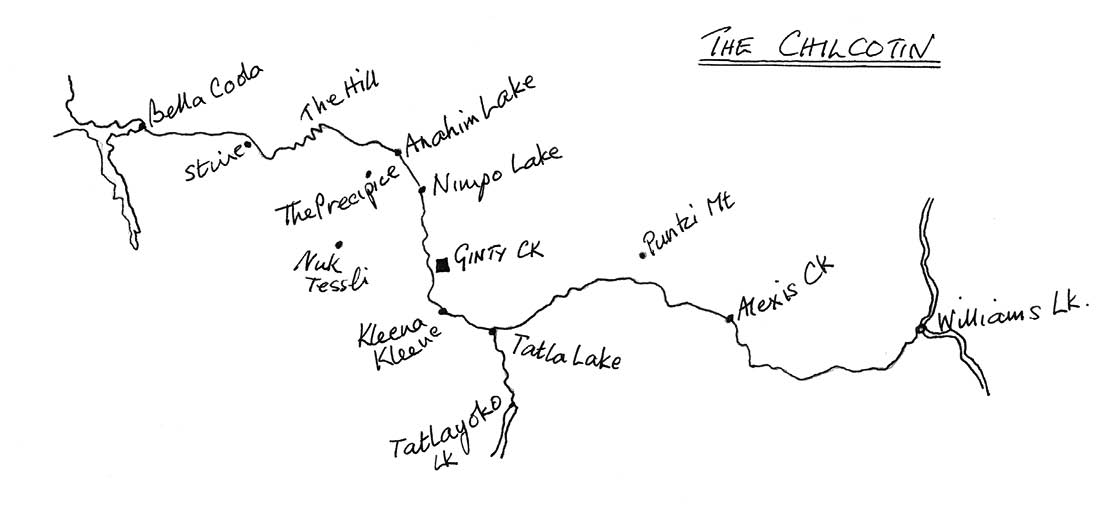
chapter 1
Ginty Creek
So you bought Ginty Pauls place, said Louise Moxon with a funny little smile on her face as she filled my van at Grandmas Corner Service in Anahim Lake. News travels fast in the sparsely populated West Chilcotin.
Did you know Ginty? I asked.
Oh we knew Ginty! She and her dad. They was really rich, you know. They had them candle-bras all over the place. But they lived in this tiny little shack with all their goats and chickens. We was invited in to tea once. The floor was covered in goat poop and the chickens walked around on the table pecking at whatever food was on there. So we said no.
Ive survived Fred Ingerbritsens coffee but I didnt think I could survive chicken-shit tea.
I have a picture in my head of a woman on the heavy side, swathed in a mud-coloured coat tied at the waist with a piece of binder twine. Short, frizzy hair in that indeterminate stage between brown and grey capped a heavy, unsmiling face. Our time together was brief so my memory of her may not be very accurate. She cant have been too far into her sixties and she knew she was dying then. She was trying to find a home for a dog. I had been looking for one and a mutual friend had put us in touch, but by the time we connected I had already got what I needed so could not help her. Over the next twenty years I all but forgot about her, although her name cropped up once in a while, always infused with the aura of A Character. I had no idea, on that long-ago summers day, that she was disbanding a large menagerie of goats, chickens, pigs, cows and horses as well as trying to farm out several dogs. I never in my wildest dreams imagined that I would eventually take over the property that she had shaped with her philosophies, eccentricities and hopes.
Extract from the Last Will and Testament of Nedra Jane Paul, who died in 1990 at the age of seventy.
To deliver my sapphire and two (2) diamond rings to M------, sister of Rear Admiral C------ of Ottawa, Ontario, for her own use absolutely;
To deliver to J----- of Victoria, BC, Mrs. Longs dishes, presently in his possession, for his own use absolutely; I declare my intention that if a Northern University comes into existence in the Province of British Columbia that the dishes be given to the university to be known as the Videt Long Collection
To transfer my property at Kleena Kleene, British Columbia, known and described as Lot A, Plan B6828, District Lot 488, Range 3, containing 43 acres more or less, and District Lot 1688, Range 3, containing 40 acres more or less, to the Department of Indian and Northern Affairs, Government of Canada, and I declare that it is my intention that the said property be used and developed as a nature park for the benefit of the Indian Bands situated in the West Chilcotin area of British Columbia;
Ginty had, it seemed, a very strong and opinionated personality. Although she had white friends outside the area, notably Hilda and Phil Thomas of Vancouver to whom she wrote most of the letters whose extracts appear in this book, in the Chilcotin she appeared to dislike all white people on principle and just as unreservedly loved anyone who was aboriginal. Her two other properties (she owned real estate on Hornby Island off the west coast of Canada, as well as acreage near Williams Lake) were willed to individuals, but she had a special wish for her Chilcotin dream. During the 1980s, the Alkali Lake First Nations band south of Williams Lake received a lot of publicity documenting their efforts to go dry. Ginty wanted to create a haven for those needing to recover from addiction. Her failing health got in the way of her plans and she left the property to the Department of Indian and Northern Affairs. The people at Alkali Lake were not even aware of their rights to this property until they got a bill for taxes. They felt it was too far away for them to make much use of, and a rancher who lived across the river from Ginty bought it from them. He ripped down the cabins, which he maintained were in a very poor state, and used the place as an overspill for his cows.
I have lived in the West Chilcotin for over thirty years, most of the time far from neighbours or a road. I built all my own cabins, some of them without any help at all. Access to these was by a two- to four-day hike or a twenty-minute flight in a small chartered float plane. In 1988, I started the Nuk Tessli Alpine Experience, a fly-in, high-altitude ecotourism resort. I have written a number of books about these adventures so will leave them out of this story.
A wonderful life, but it was very much a hand-to-mouth existence, and over the years I had accumulated Stuff. I was desperate for an outside place to put it in. It would have been ridiculous to fly all my possessions into the wilderness and back out again when I needed them. Town clothes, unsold artwork, large ceramics, countless books, twenty years worth of income tax receipts. I also needed a place to stay between visits outside to earn moneytree planting and lecture tours mostlyand going back home into the mountains. The weather and ice conditions were not always suitable for travel either in the air or on land. I might have to wait weeks in winter, for instance, before a local pilot could be found who would put skis on his plane. Even if I could make the journey on footand I sometimes did, often encountering terrible conditions at that time of yearI still needed the plane to fly in my supplies.
My first outside billet was at a resort at Nimpo Lake, not far from the charter air companys base. Then I acquired a ramshackle cabin a few kilometres away. The landlady was welcoming and the rent was very cheap, but I did not like being thereit was too close to neighbours whose philosophies were money, playing in the wilderness with machines, and maintaining the TV tower. They kept yard lights on at night to scare away the dark. I hated the whine of snow machines on the frozen lake in winter.



